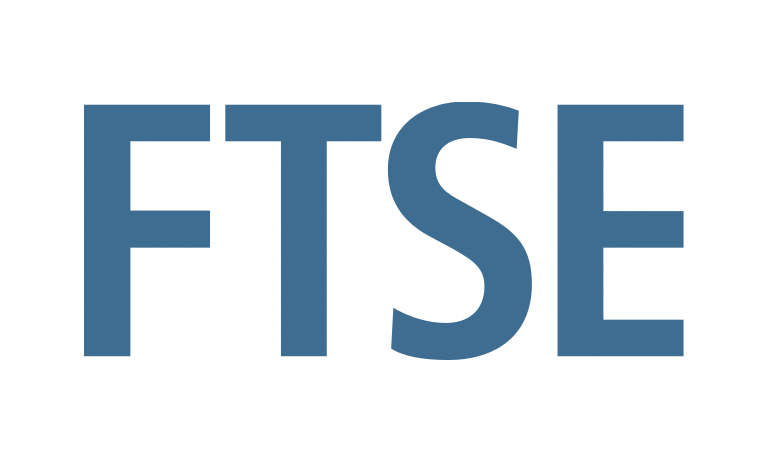- FTSE 100 Drops Amid US-China Trade Tensions
Britain’s top stock index dipped on Monday as trade tensions between the United States and China kept the pressure on equity markets across Europe, weighing on multinational companies.
The FTSE 100 fell 0.03 per cent to its lowest since May 30 but substantially outperformed other European stock markets. Germany’s DAX – home to big autos stocks on the trade dispute’s front line – sank 1.4 per cent while the STOXX 600 fell 0.8 per cent.
Strong energy stocks underpinned the FTSE 100, while a weaker pound also boosted the index’s mainly exporting companies, according to Reuters.
US President Donald Trump announced tariffs on $50bn of Chinese imports on Friday, laying out a list of more than 800 imports including cars that would be subject to a 25 per cent tariff starting on July 6.
China said it would respond with tariffs “of the same scale and strength” and that any previous trade deals with Trump were “invalid.”
Multinational consumer stocks, vulnerable to higher barriers to trade, were the worst performing, with heavyweights Diageo, Reckitt Benckiser and British American Tobacco down.
Oil stocks opened lower but jumped into positive territory as crude prices snapped back ahead of Friday’s meeting of the Organisation of Petroleum Exporting Countries, expected to result in production increases.
Crude was falling earlier after China threatened duties on American oil imports.
Oil majors BP and Royal Dutch Shell turned from the biggest drag to the biggest boost to the index, rising 1.2 to 1.3 per cent by the close.
Petrofac, a mid-cap oil services firm, declined by 1.3 per cent as a negative note from Morgan Stanley weighed.
Analysts at the broker said the market’s focus was on whether Petrofac had sufficient liquidity to repay a $677m October bond in cash or whether additional capital would be required.
Sterling weakened, helping support the FTSE, as traders cut positions in the currency ahead of a Bank of England policy meeting this week and another parliamentary confrontation over the government’s Brexit plan.
Shares in Ocado fell to their lowest in 10 days, down 7.8 per cent, on the online grocer’s first day of trading on the FTSE 100.
Promotion means index-tracking funds are forced to buy the stock, but Ocado is already up 162 per cent this year.
Bookmaker GVC rose 2.3 per cent on its first day of trading.
In dealmaking news, mid-sized bank CYBG sealed a deal to acquire Virgin Money for 1.7 billion pounds, creating Britain’s sixth-largest bank by assets.
Virgin Money shares initially rose more than two per cent, before reversing course to end the day down by 2.2 per cent. CYBG shares were down by 0.7 per cent.
Also among mid-caps, Cobham shares rose by 4.5 per cent after Morgan Stanley upgraded the defence stock to “overweight” from “equal-weight”.
“We think current management have stabilised performance, with necessary costs sunk and measures taken to aid operational delivery,” they wrote.
“With multi-year upcycles beginning in core defence and aerospace markets, and other niche exposures appearing to be at or close to the bottom, we see consensus underpinned.”
Shares in drugmaker Indivior rose by 1.6 per cent after a US court granted a temporary restraining order blocking Dr Reddy’s Laboratories from launching a generic version of the firm’s best-selling opioid addiction treatment.
It was still far from recovering its losses from Friday when it sank by 27 per cent on fears of a generic launch.
Overall British stocks have performed well in recent weeks, and analysts have upgraded earnings expectations.


 Forex2 weeks ago
Forex2 weeks ago


 Naira1 week ago
Naira1 week ago
 Naira4 weeks ago
Naira4 weeks ago
 Company News4 weeks ago
Company News4 weeks ago




 Naira1 week ago
Naira1 week ago




 Naira3 weeks ago
Naira3 weeks ago
 Billionaire Watch1 week ago
Billionaire Watch1 week ago




 Naira7 days ago
Naira7 days ago





















